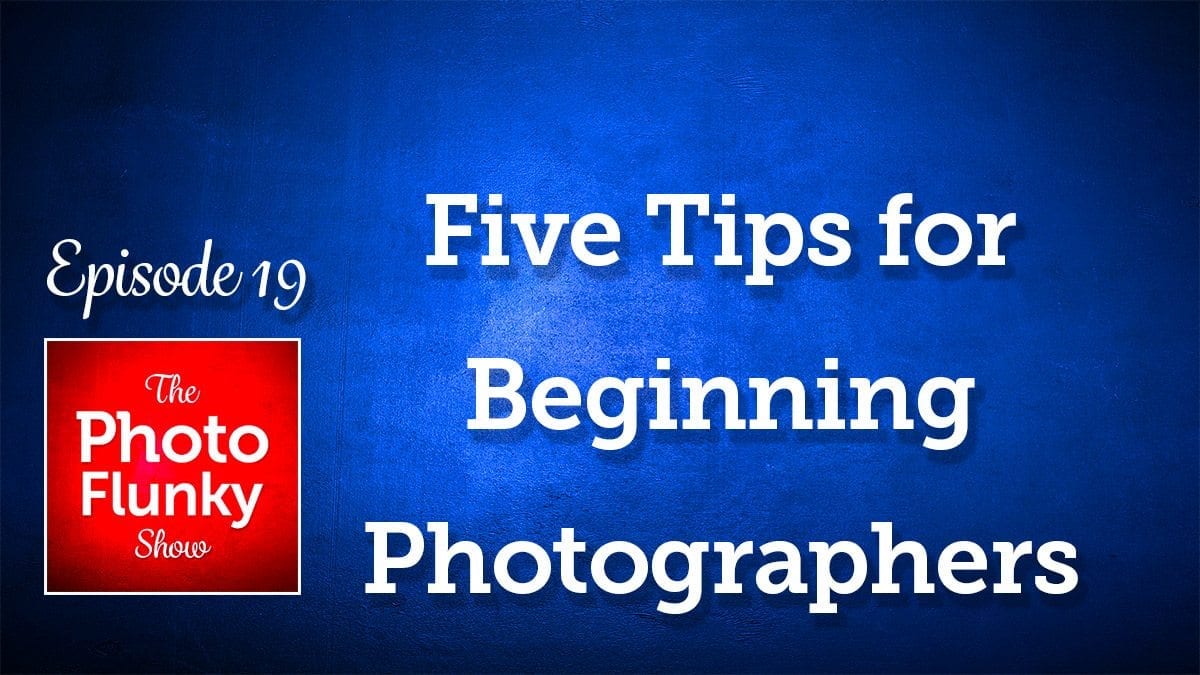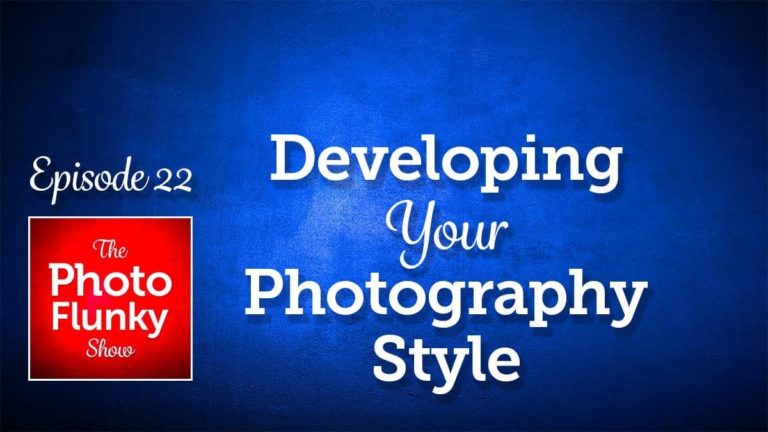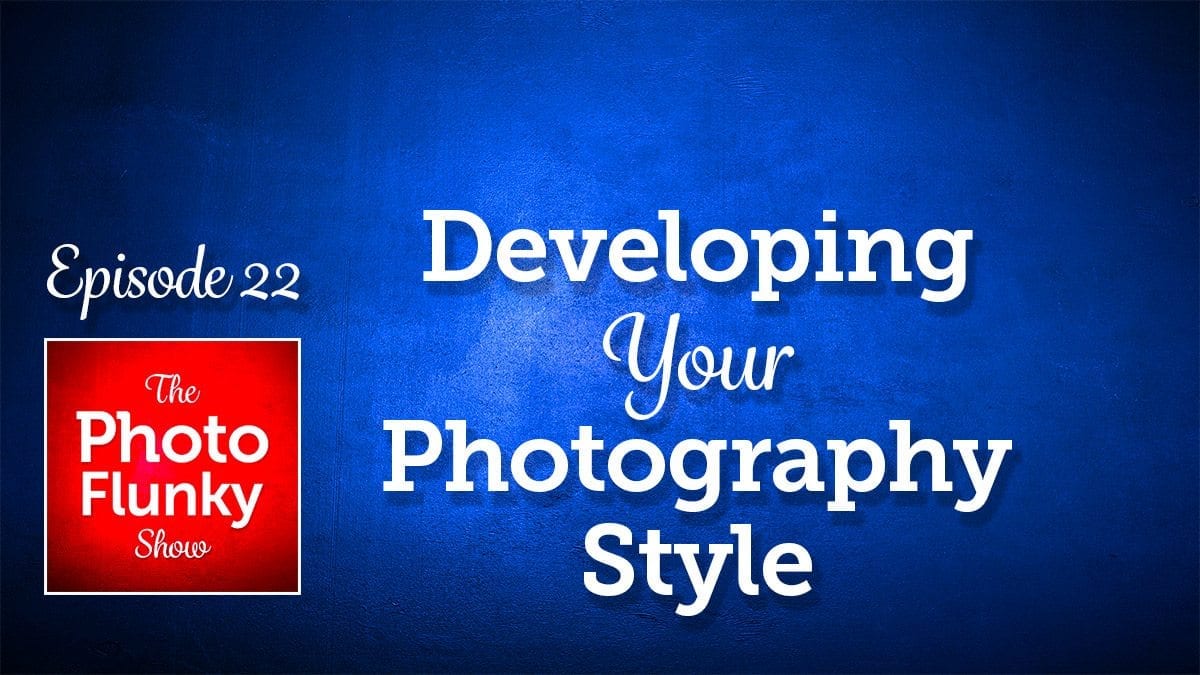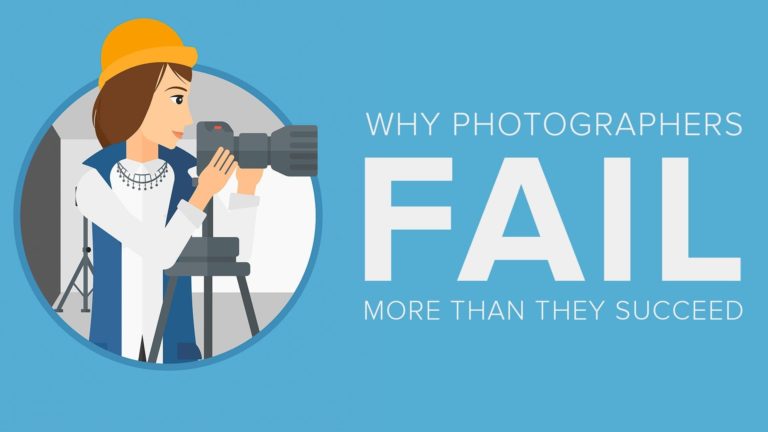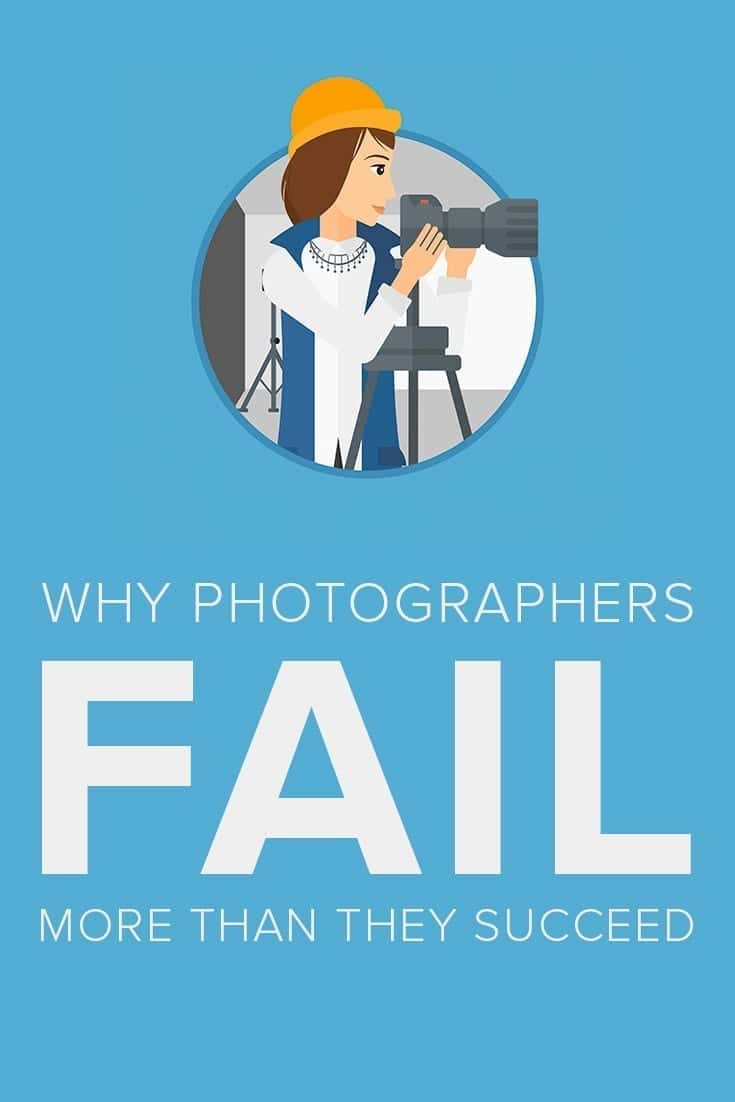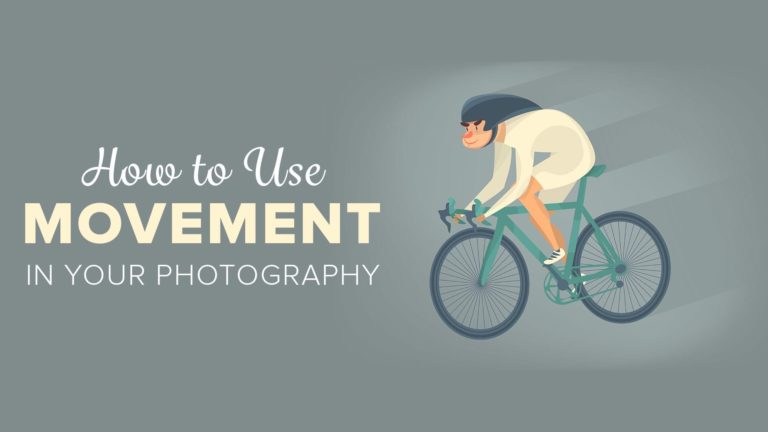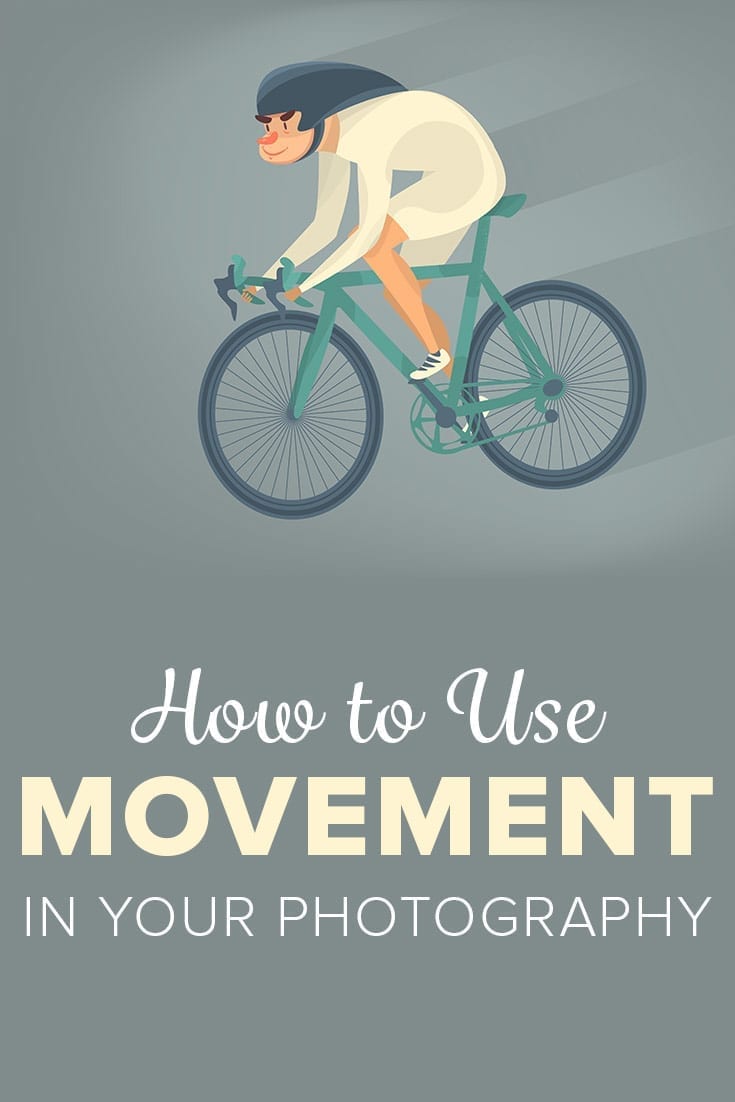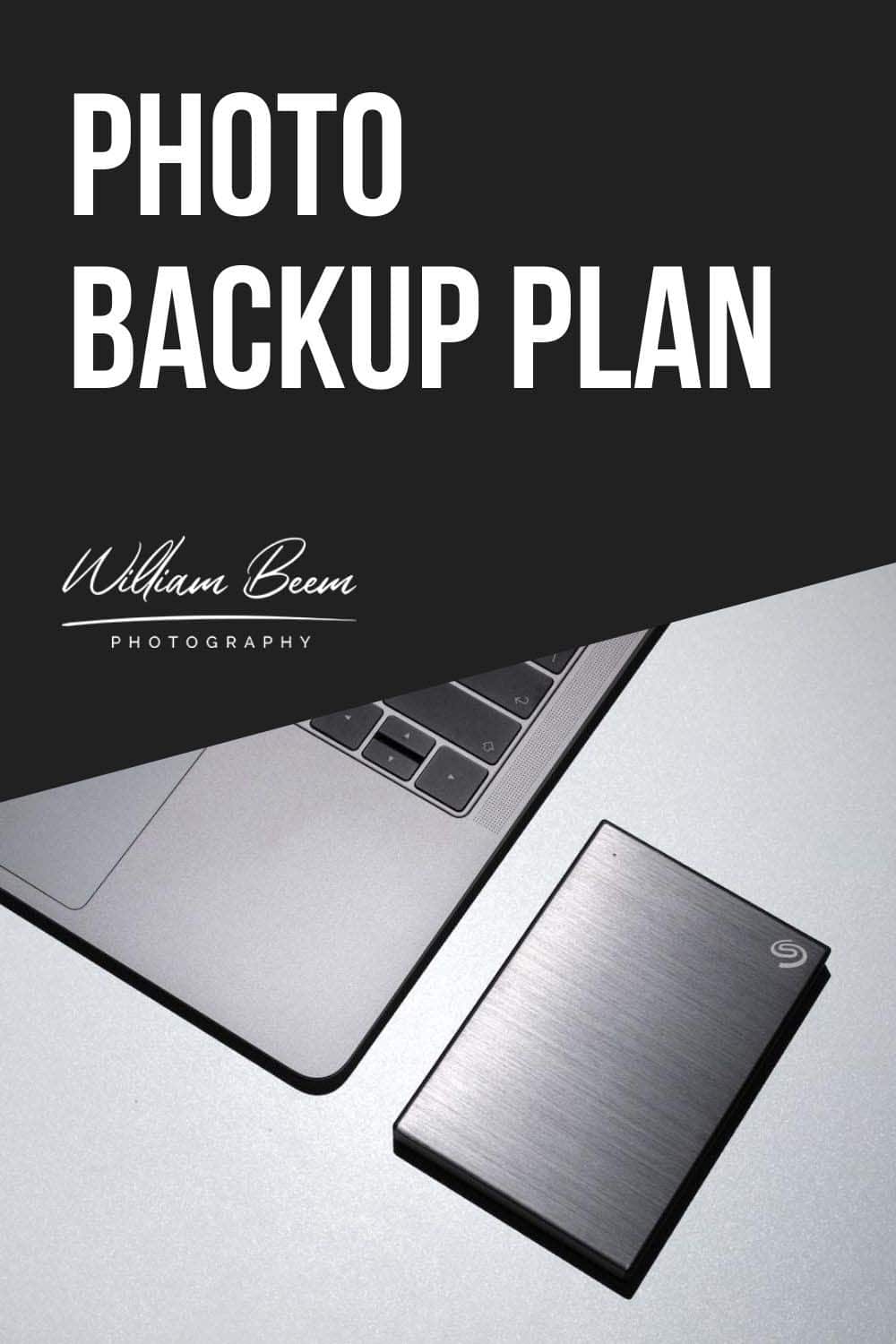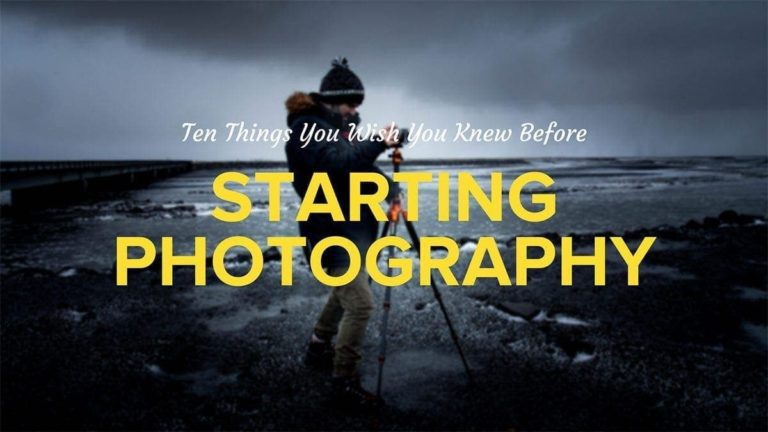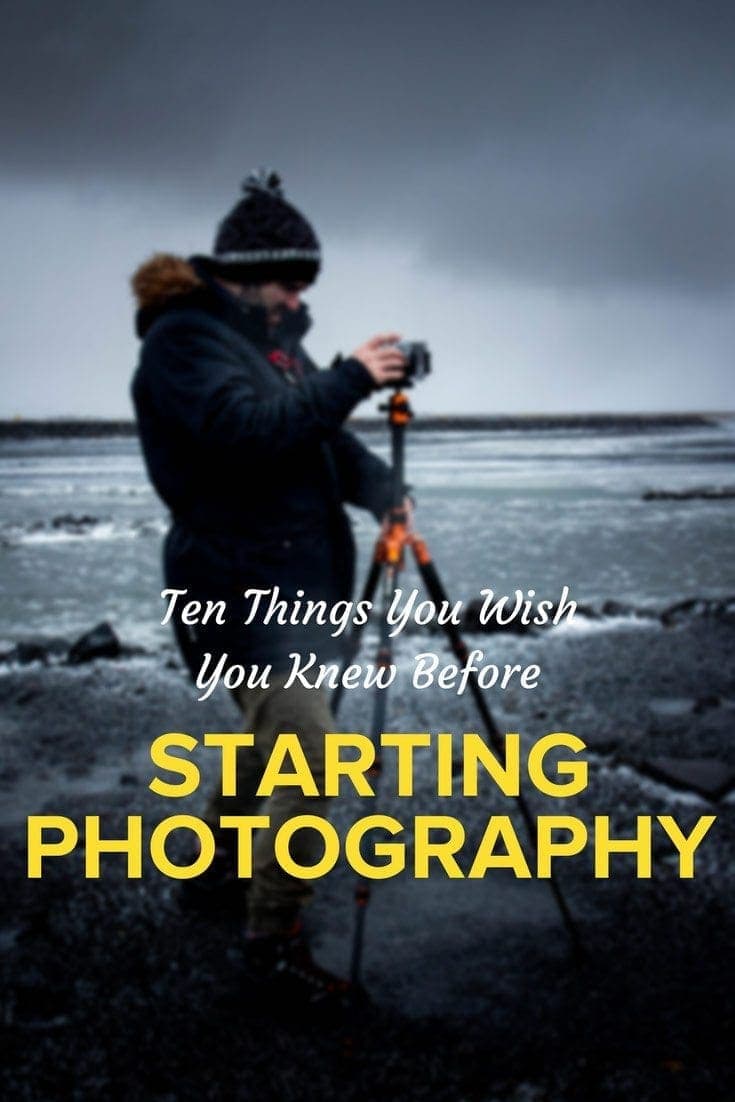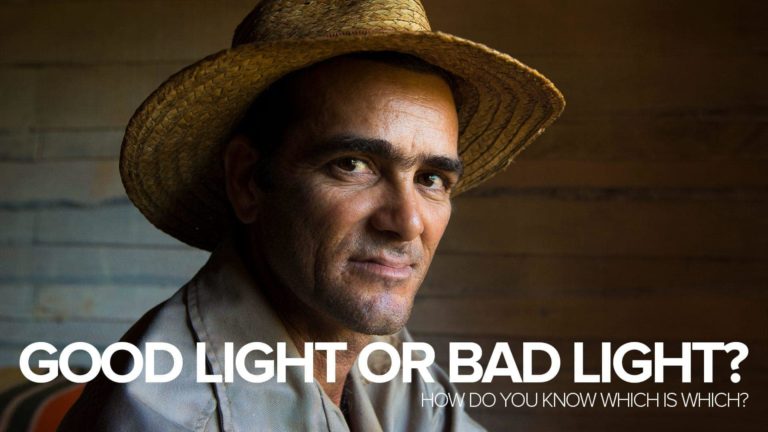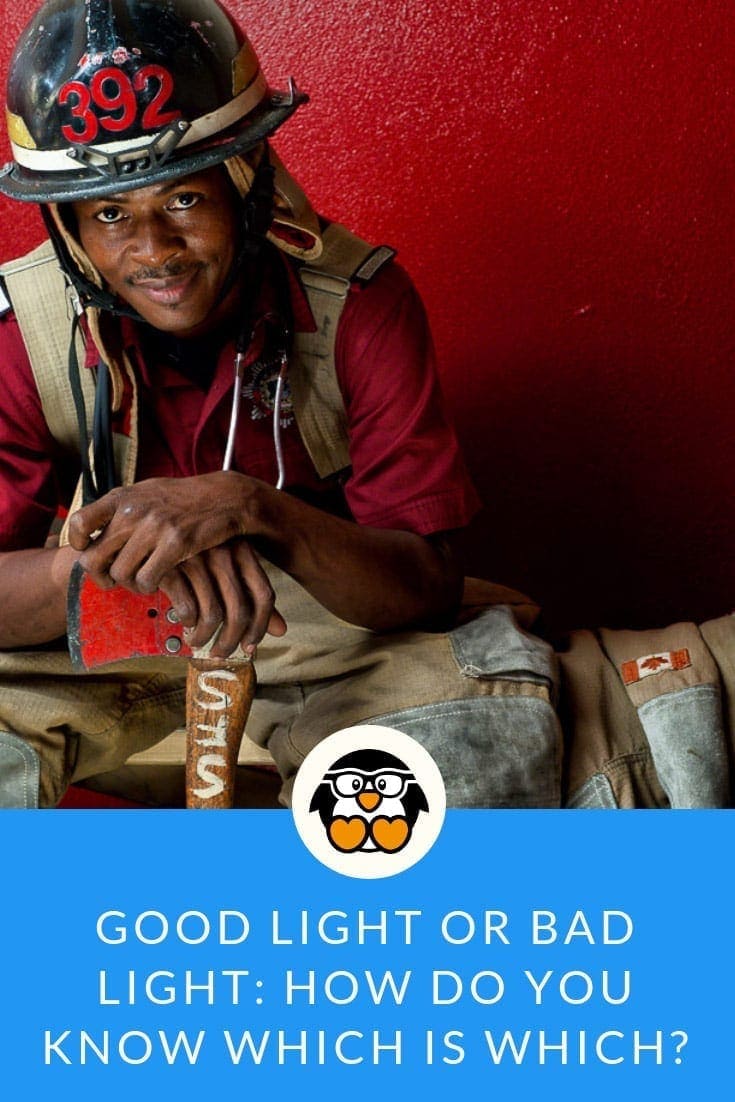Affiliate Disclosure: We earn a commission if you purchase through one of our links at no additional cost to you.
Five Tips for Beginning Photographers
Welcome to episode 19. This week’s show takes five topics from Monday’s blog post about 101 Simple Photography Secrets for Emerging Photographers. We have five tips for beginning photographers filled with the stuff nobody tells you.
When you start photography, you spend a lot of time learning the technical skills. Most educators teach you technical skills. After a while, you find some soft skills that nobody else seems to discuss.
Well, we’re going to talk about it in this show.
As always, you can get the transcript of the show for free.
Subscribe to The Photo Flunky Show
Thank you for listening to The Photo Flunky Show. Make sure you get every episode by subscribing.
iTunes – https://williambeem.com/itunes
Stitcher – https://williambeem.com/stitcher
Google Play – https://williambeem.com/googleplay
Blubrry – https://williambeem.com/blubrry
Social Media Links
We love seeing your photos and keeping in touch with you on social media. Here’s where you can find us.
Transcript
PHOTO FLUNKY: Episode 19
Welcome to the Photo Flunky Show, Episode number nineteen.
Today’s show: We reveal five secrets beginning photographers should know.
Hi, welcome to the Photo Flunky Show. I’m William Beem.
Lee: Hi, I’m Lee.
William: This is episode nineteen so you can find show notes available at williambeem.com/episode19. The show is also available at photoflunky.com if you want to see a list of all the shows together.
Today we’re going to be talking about five secrets beginning photographers should know, and this is kind of an add-on to what I had posted earlier this week on 101 Simple Secrets for Emerging Photographers.
Let’s start off with one of Lee’s favorites. Number one: you can still take bad photos with a nice camera.
Lee: And I know because I did it!
William: We all do it, and that’s something to keep in mind. Just because you’ve got your shiny new nice camera and maybe you’ve stepped up from taking photos with your phone or a point and shoot or something like that and you’ve got your DSLR doesn’t mean that you are guaranteed to have nice photos. Your odds of taking nice photos are probably much better because you have more control, but the camera itself isn’t what’s going to give you a nice photo out of it.
Lee: No, that’s shocking. I thought it was quite outrageous. You spend all this money on a nice camera and then you have to do something to help it. I mean I expected the good camera would take the good photos. Well, that wasn’t quite the case.
William: And I’ve tested this. I put my camera down, I told it to go take some photos and it didn’t do a damn thing.
Lee: Stupid camera.
William: I know. Here’s what we’re trying to get at. Just because you’ve got a nice camera doesn’t mean that anything has really changed other than that if anything, you have to work harder for the nice pictures because you’ve got more settings to control.
It’s probably easier for it to screw up because you’re not setting it properly than if you had your smart phone or a point and shoot. Those are just taking jpeg photos, they are already doing a little bit of post processing inside the camera before it saves the file.
When you’re going to go off and take photos with your DSLR or maybe a mirrorless camera you can set it to take photos in jpeg and you can use some of the different modes that will do some color enhancement and some sharpening for you.
But most people who are stepping up to that level of photography are really going to be looking to shooting in raw mode. And then you take a look at the photos that you get in raw mode and they are just kind of flat and boring.
Lee: It’s true. I mean because I think it doesn’t include sharpening, or any adjustments that you make in the camera, don’t come up in the raw files.
William: And surprisingly enough, you want it to be flat and kind of boring like that because then you can go make your own adjustments in a post processing tool, whether it be Lightroom or something else, and then you can decide how much you want in the shadows, how much you want the lights, how much you want in the mid tones. You can add vibrance, or if you really want to crank it up you can add in saturation.
All those wonderful little things that you can do will give you nice photos or at least, nice post processing of your photos. But the other part of you can still take bad photos with your nice camera is the fact that you have to know how to control it and where to point it.
I have a whole collection of photos of my ankle. Particularly my right ankle. Because I tend to carry my camera on my right side and as I’m walking along, my butt will bump the shutter button and the next thing you know I’ve got a picture of my foot.
We’ll pause for a moment while my wife laughs at me.
Lee: I know it happens now and then, but he does it to me too!
William: It’s different when I do it her though.
Lee: OK. It’s justified when he does it to me, so that’s fine.
William: So Lee, when you first got your DSLR, what were you looking for and what surprised you about both how it worked compared to what you were doing with previous photos and what you had to do in order to get a nice photo out of it?
Lee: Well my first DLSR was actually a lucky accident. I bought it really very cheap on eBay so it was a camera that had been used that actually was in a terrible condition. Aside from being a bit dirty and having fingerprints on it which should have been a tell-tale sign, I didn’t know anything about cameras so I didn’t know enough about it to pick up that there were problems. I just assumed that if all else failed, that I could stick it onto Auto mode and that would sail me through while I tried to get to use it.
That was not the case. I learned the hard way that these things have settings that can completely baffle you. For example, I’d never heard of bracketing. I had no idea what bracketing was.
William: Oh and that’s one of the ways I made sure that I don’t take good photos. I’ve been out on events, or times when I’m taking brackets of photos for HDR shots and then I was stupid, I didn’t think the next time I was going out that I had the bracketing still on and I’m looking down and it’s like, why is this over exposed? Why is this one so dark? And it will end up being a while later after I’ve ruined some shots that I realize, oh! I’ve got bracketing mode on and I’m not taking the same exposure from one shot to the next.
Lee: Oh, man! That bracketing thing made me, in my ignorance, want to throw the camera right into a lake and go out and get something else. I bought this thing a couple of days – well it arrived a few days before I went on vacation. So I wanted my vacation photos. I mean that’s not the smartest thing to do, but I did it and it’s what I had to work with.
But I could not understand why I had to take three photos before I got one that didn’t look blown out or completely dark. And I wasn’t doing anything different. It was only a few weeks later when I figured out what was going on, but that was just one of the silly things and I suppose that’s a problem that you’re not going to have if you buy your camera new because it’s going to come with the factory settings and you’re going to add on what you want on there. But there were just so many things that I had no idea.
And honestly, the worst photos I have ever taken were taken on the first two days that I had that Nikon D40. That was my first DSLR. I’d had better photos in the 1990’s with cheap disposable cameras.
William: That’s something I’ve heard quite a lot. People will say, “I took better pictures with a disposable Kodak camera than my new DSLR. What’s going on here?”
And that’s really what the problem is. You’ve got a lot more control at your disposal and the camera is not going to do anything for you. You have to control it and tell it what to do and if you don’t know what to do, or if you don’t remember what settings you put on, which in my example with leaving the bracketing on, it’s going to just faithfully follow those orders that you don’t remember or can’t conceive that are set.
Lee: Or if you crank up the ISO!
William: Oh yeah! You know you’ve been shooting at night some place, you crank up the ISO really high and then you go out the next day and it’s like, what? Wow! That just looks like a nuclear explosion on my photo here.
Lee: Well you’re actually OK if you do check the LCD display afterwards and see what you’ve taken, but if you’re just shooting off and not paying attention afterwards, you can be in for a rude awakening when you get back.
William: And there is a simple little way to make sure this doesn’t happen and that’s to check your settings before you push the shutter button for the first time. I mean, you want to check your white balance, you want to check your ISO, your shutter speed and all those little variables that go into your exposure and of course you want to check the bracketing if that’s something that you use as well.
Failure to do that might lead to problems like I’m discussing. But the other part is, you just can’t point the camera at something and it’s going to turn out miraculously. You’ve got to decide what your depth of field is going to be, you’ve got to decide if there’s something in your background like a tree coming out of your subject’s head. All those little things are still there no matter what kind of camera you’ve got. It’s just that there is more to think about when you’ve got a really nice camera, so that’s why you can still take bad photos with a nice camera.
Lee: Absolutely, and I’ve really learned the hard way.
William: I think we all do at some point or another. We all – basically, you make these mistakes and I’m telling you so hopefully so you can be aware of it before you make the mistakes.
We’ve all taken bad photos and even when you’ve been working at this for years or a decade or more, you’re still going to take bad photos because things are going to happen. You might be ready to take a shot and something else bombs your scene. Don’t get upset or distressed if you’re taking bad photos. Everybody does. The trick is you only show the good ones.
Lee: That’s true, and you know we can tell you what you shouldn’t do and you’re going to make sure probably to avoid these little pitfalls that are in the top five that we’ve picked not to make, but you’re going to make your own mistakes. And you should, because there is something about learning from experience. It’s not fun, but you never forget it.
William: Yeah, you will learn more from failures than you will from success so don’t feel too bad if you take bad photos or if you have problems like that. It’s a learning experience. It kind of sucks for the pictures that you missed, but it will help you make much better photos in the future.
Lee: Yes, it will.
William: OK, the next thing that we wanted to tell you that you kind of learn as you go. The type of photos that drew you into photography in the first place may not be the kind of photos you enjoy taking the most.
I thought that I wanted to go off and take travel photos. I wanted to do a lot of landscapes and I still do. I enjoy it. But much more than that I’m really enjoying portrait photography.
So that’s the kind of thing where what drew me into photography, I’ve gone through a number of different changes. I’ve tried concert photography, I’ve gone to events and sporting events. I’ve reluctantly tried street photography, which I didn’t think I would enjoy and as fate would have it, I was right. But I still did it for the experience and just to see what happens.
What really drew me into it is not what I spend most of my time doing today.
Lee: I actually thought – this is very true – I started where I wanted a nicer camera because I was absolutely certain that I was going to go into portrait photography. And the reason was that with a little kid in the house you want photos of your kids. You want to be able to have something to show them as they get older. You want those memories captured somewhere and I just automatically assumed it was going to be portraits.
Well, if there’s something that falls second to landscapes that I’ve got no interest in doing, it’s portrait photography now. That’s just going almost a full circle.
Unlike you, I loved street photography. For me it wasn’t so much about the photographs; it was about the experience and the interaction and I think it’s a personality thing that will either draw you to it or repel you from it.
William: And that’s something else that we’re kind of touching on here that just because something draws you into photography, you might get drawn into photography for thinking about the kinds of pictures you’re going to take. As Lee brought up, it’s the experiences really that kind of make it your own.
As I said, I had no intention of getting into portrait photography. I’m kind of an introvert. I was shy. I did not want to have to deal with people, and also dealing with lighting when I first got started seemed very intimidating to me. Now I love it. I like the idea of the creative stuff that you can do, I like working with models, particularly those that really know how to work expression and gesture and can do something interesting in front of the camera.
Whereas I go to see a landscape or travel like I used to do and like I still do and I’m there in front of something stagnant. And mostly I’m just waiting for the right moment. I’m taking shots along the way and one of those will be the shot that I put out. But it’s much more sedate and kind of boring really than something active and actionable like doing portrait photography.
Lee: You know something else that’s interesting is if you know somebody who is into photography when you become interested and you start out with your new camera and your new hobby, you might be influenced initially by what they are doing and that may or may not have an effect on what you end up doing.
I know for example that my brother was very into his photography for a number of years and he takes beautiful landscape photos. I thought that if I hung around him I’d be able to take good landscape photos. The problem was I didn’t realize that I had no interest in landscapes. I never really have. So although we’d go out and enjoy the social time, I’d watch him running around and crawling around, setting up a tripod and changing angles and he was really into the shot and I’d be running around and bending and turning upside down to try and see. And I was going, what is it? Because I don’t see it! I just had no idea what he was seeing.
William: And I think one of the differences is, depending on the kind of person you are, some people are more drawn to the technical aspects, some people are more drawn to the creative aspects of photography and you’re drawn to the social aspects of it. Certainly you want to take the best photo that you can, but you really like having an experience more so than you are worried about the technical details.
Lee: Oh absolutely, I do. And sometimes the experience is not necessarily with another person. It may or may not be with the subject. As I say, I’m not really into portraits. That doesn’t mean that I never like to take photos of people. But for me it’s definitely about the experience and very little of that is the technical stuff.
William: Onto our third item: Photography isn’t about formulas and recipes. I don’t mean this to sound like a knock on people who are providing formulas and recipes. I’ve seen a number of folks who share what their lighting setup will be for portraits. There is a reason why clam shell lighting is taught so many times; because it is a good look. It is effective. Same thing with side lighting and various things like that and I’m not saying that there is anything wrong with following a lighting formula or using a particular recipe for your photography.
But what I’m saying is that is not the photography in itself. That is just to get you started.
And then working with your subject. How are you going to portray it? How are you going to compose your subject? How are you going to interact if you’ve got a portrait subject? That’s where the photography is. That’s where you put something of yourself in above and beyond the recipe.
Lee: You know, I started off like most people probably do, reading a lot of books and getting caught up into the science as it were of photography, and you do need an understanding on how your camera works; you do need to understand the exposure triangle and there are certain basic things that you really need to understand. Eventually it will get to a point where it’s ingrained in you and you don’t consciously think about it. But somehow it’s there.
I don’t disregard that, but quite early on into my hobby I started treating information and guidance as a need to know. So for me it solved a problem. I’d go out and take my photos and if something wasn’t working I’d go and try find out what the issue was and how to correct it. But other than that, I realized that you can very quickly get sucked into this spiral of what becomes like a science and I didn’t want to feel like I was at school. I took up photography because I wanted to be free and go out and enjoy something and create something.
William: And what you’re bringing up kind of ties back to the first one. You can still take bad photos with a nice camera and we went on to the fact that there were technical reasons why you can take some of those bad photos. When you start out with photography, really mastering the technical aspects is the first thing you do. So it’s very easy to stay stuck in the technical aspects and you can take a technically perfect photo and look at it and it’s just not interesting.
So that’s why I’m saying the next thing you do is you learn formulas and recipes so, OK if I do this setting and this setting and put the light in this spot, I can take a photo that looks nice. Well, it might be nicely lit, it might be well exposed, but that doesn’t mean that you’ve got a good photo because your subject is the next part of it.
Photography is about creativity and creativity is kind of the combination of your technical knowledge and your imagination. When you put those together and you’re creative, that’s where photography really comes into play and you start making a little bit of magic with it. Even though you’re using those formulas, you’re going beyond that with your imagination and making something that’s truly creative.
Lee: You know, that also leads on to another point. Photography is doing something creative and like anything creative, it’s so subjective. It’s a very personal thing and for some people it’s an expression, for some people it’s telling a story, for others viewing it, it’s going to be an interpretation of that, but whatever it is, it’s not really up to anyone to turn around and say, “That’s a bad photo.” You could look at your work and say, well I don’t like that because I would have preferred or I had envisaged something else. And certainly if you are in a critique environment where people are asking for reviews and critiques and you’re asking for that, then that would be a factor, but I think art is so subjective.
William: It is, but at the same time I believe you can say something is a bad photo. So for example, if I take a butt picture of my ankle, that’s a bad photo. I mean I don’t think you should go off and tell other people that they are taking bad photos.
So that kind of leads us into our fourth item, which is: Praise Publicly, Criticize Privately, Unless Asked.
There is a bit of this you see on the internet. You go onto Flickr, you go onto a number of websites and someone posts a photo up there and a number of friends and acquaintances are going out there telling them what a great photo they have. They are being nice. They are being supportive. There are other people who are not saying anything at all because they’re not that impressed and they don’t want to say anything negative.
And I don’t think you should, unless someone asks you for your critique and opinion. And even then, the way you give that criticism is about the photo, not about the person or about the subject.
Lee: I agree. I mean that is something that I’ve always said. With raising kids, there is absolutely nothing positive that comes out of humiliating or embarrassing your children or anybody for that matter. It actually reflects more negatively on you than it does on the person being told off, even if it’s with good reason.
So for example, if a kid is acting up, you don’t want to stand out there in front of all their friends and make a fool of out of them. You quietly call them aside and take them separately and you reprimand them or you deal with the behavior. I don’t know why that changes when we are dealing with adults. We don’t seem to live by the same example with using the same level of respect.
I certainly believe that you should praise publicly. If you don’t like it, you don’t have to give any input. If you’re asked, well that’s a different matter and usually there is a way online especially – there’s almost always a way – to contact the person to contact the person privately if you have something that looks a little bit damning.
William: And we’ve seen this online, not just on social media but also on forums. And there is one forum that I used to visit years ago and a woman there had gone to photography school and she was a self proclaimed expert. She never really posted any photos. You never saw examples of her work, but she would go out there and criticize almost every photograph that someone posted.
Lee: Yeah, because she had all the technical skills. She couldn’t take a photo and she couldn’t post a photo, but she could tell everybody else what was wrong with theirs. It was disgustingly rude. 7
William: It was, and the most important thing is, nobody asked for her opinion. These people weren’t sharing photos as an art critique. They were sharing photos of vacation experiences. It was a vacation board. They were putting out photos because they had fun. This is where I traveled to. This is my family. And then she would go out there and just rip the photos to shreds.
I did actually find her website one time and looked at some of her photos and basically it was a flashlights shone on some Barbie doll heads and I thought, what the hell is this?
Lee: It’s educational.
William: It was educational. Apparently this was some photography school test or technique of something like that. I don’t know. She told me multiple times that I did not understand and she’s right. I don’t understand.
Lee: Nobody understood!
William: But she didn’t post those photos on the board and I didn’t comment on them on the board. I commented on them privately quite a number of times, but I did not comment as such in public. That’s because it would look really bad on me if I were calling somebody out. Particularly in front of their family and friends, who are there just to see the photographs from the vacation or whatever it is that they are trying to do. You just look like a jerk if you’re going to go out there criticizing. Even if you think you are helping; even if you think it’s your God given duty to go out and tell people they are wrong because otherwise they won’t know, don’t do that!
Lee: It’s like your mom tells you. It’s not what you say, it’s how you say it.
I mean sometimes it’s what you say, but yeah I agree. There is absolutely no call to be rude because all it serves to do is to make you look like the bad person and it really shows. I think people’s behavior towards others reveals usually more about themselves than it does toward the person to whom it’s directed.
William: And I bring this up, particularly because I’m targeting this towards beginning photographers. The ones I see do this the most are the people who are either going through photography school or just getting started. They are in a learning mode, they are learning what works and what doesn’t and they respect the people who have taught them the lessons that they have.
They don’t necessarily have all the experience themselves, but they are learning. Part of that learning thing is to go and do some critiques. I mean as a photography student, you’re kind of encouraged to go look at other photos and critique them. But what they don’t tell you is critique them to yourself!
Lee: Yeah I know and you know what? That is part of the learning curve and often times these people are very young and they are young students and you’re learning lessons in life as you go through it. We all do. But you don’t have to say something about everything. You can have an opinion about everything, but you don’t always have to offer it here and now. There are ways to deliver things.
William: Yeah, so just because someone posts a photo online does not mean they are submitting it for critique. If they are submitting it for critique they are basically asking either you directly or anyone in general to comment. You know, what do you think of this photo? What could I have done better? Then you can speak up. But again, please do so respectfully.
Lee: Also, not everybody posts something as a photographer.
Most people post a picture to relay some information, to tell a story or to illustrate something. It’s a visual or it’s a graphic or they are sharing something personal. I love photography as a hobby. I have no inclination to try and make it a business or an income or earn from it. Unless I ask for it, I am not really interested in people’s critiques. I’m thick skinned enough and I’ve been taking and posting photos online for long enough that I know that it’s nothing personal. Brush it off and move on. I’m not asking for a critique and so many other people aren’t either. Not everybody who puts a photo out wants feedback. It’s not about the photo, it’s about the story they’re telling, so comment on their story, but don’t come and tell them that their sky is blown out or there’s a shadow on their kid’s head. Because that doesn’t matter.
William: Exactly. OK. Number five. Last item on our list: Photography is Something You Should Find Satisfying.
And that sounds simple to say. And it is. But here is my meaning behind it. It’s not necessarily meant to be fun, and I have a lot of fun doing photography, but sometimes what’s the saying? You must suffer for your art?
There are times that I’ve gone off and done some really foolish, stupid things. I’ve waited a long time in the hot sun or in a thunderstorm or climbed up a long way just to get a photograph because that was what I wanted. And it wasn’t that it was fun doing it. I was sweating, I was miserable, my muscles ached the next day, but it was satisfying to get the photo. I went some place, I found the scene that I wanted, I took the photo and I was satisfied with the result.
The process of getting it sucked! It wasn’t fun.
So photography doesn’t necessarily have to be something that you always enjoy. Sometimes you are going to suffer a little bit for your art. That’s OK. If you’re doing all this and you look at your final photos and you’re just not enjoying it, you’re not satisfied with it, well then maybe photography isn’t for you. But you’ve got to find some sense of satisfaction with it.
Lee: I agree. And you know, on the flip side of that, sometimes you sit and you’re patient because photography takes a lot of patience sometimes to get the shot. And I know that I’ve set up a tripod and set everything up and stood and waited and waited for hours for the right moment. And when that moment came, so did the thunderstorm and the heavens opened. There had been no rain forecast. Those of you who know Florida know that it sometimes just appears and when it rains, it rains!
I had nothing waterproof to cover my camera so I had to dive for cover. So all those hours effectively had been wasted. But, as I was leaving, in a foul mood and already planning how much I was going put my camera up for sale when it was listed on eBay, I spotted some reflections in the night lights and some beautiful colors and I actually got a completely different photo, but one that I just love. And so in a twisted way, it was worth it.
William: And that’s one of the nice things about photography. You need to find your own satisfaction within it. No matter what your subject is.
Sometimes you’re not going to get the shot. Sometimes the shot is going to be something you didn’t anticipate or expect. I certainly advocate going to pre-visualize what you’re looking for. You want to look in your mind’s eye, see the shot that you want and that will help you prepare as much as possible to get it. If conditions change that are beyond your control, go with it. You might get something else that you really enjoy too.
Lee: And you might not. I think you also have to learn that sometimes things don’t work out and that’s also OK. Because you just have to try again.
William: Exactly.
And that’s our list of Five Secrets Beginning Photographers Should Know.
Let us know something in the comments. If you’ve got some different ideas, you know some other secrets, share them with us. We’ll be happy to hear them.
Thank you for listening to the Photo Flunky Show. Once again, the show notes are available for this episode at williambeem.com/episode19
You can find a transcript of the show there for free.
The Photo Flunky Show is now available on iTunes and Stitcher Radio. You can subscribe at photoflunky.com and as long as you’re subscribing, we would really love your honest rating and review. If you’ve got a friend that you think would enjoy the Photo Flunky Show, please pass it along. We’d love to have them as listeners.
Thank you so much! We’ll see you next time.

